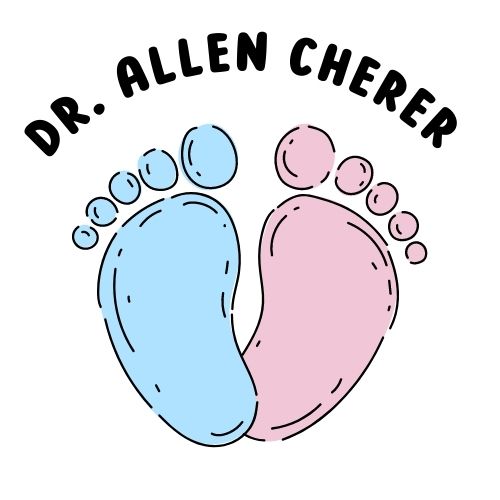Neonatal abstinence syndrome (NAS) is a condition that occurs in newborns who were exposed to addictive substances in utero. When a pregnant mother uses drugs or alcohol, the baby can be born with NAS. This condition can cause various health problems for the infant, including seizures, feeding problems, and respiratory distress. In this article, we will discuss NAS’s causes, symptoms, and impact.
Causes of Neonatal Abstinence Syndrome
Several substances can cause NAS in a newborn, including opioids, and marijuana. When an expectant mother uses any of these drugs, the baby is at risk for developing NAS. The use of prescription painkillers is a major contributor to the development of NAS.
Symptoms of Neonatal Abstinence Syndrome
The symptoms of NAS vary depending on the mother’s drug during pregnancy. However, common symptoms include seizures, feeding problems, respiratory distress, and irritability. These symptoms can vary from mild to severe, and they usually develop within the first few days after birth. In some cases, NAS can lead to death.
Impact of Neonatal Abstinence Syndrome on the baby
The impact of NAS on the baby can be devastating. The symptoms can cause physical and developmental problems, and they can also lead to long-term health issues. Some of the complications that babies with NAS may experience include:
- Respiratory problems
- Feeding difficulties
- Seizures
- Developmental delays
- Behavioral problems
- Low birthweight
- Jaundice.
How Neonatal Abstinence Syndrome is treated
There is no one-size-fits-all treatment for NAS. Treatment depends on the severity of the baby’s symptoms and the mother’s drug. Some common treatments include:
- Medication: Medications are often used to help relieve NAS symptoms. The most common medication used to treat NAS is methadone, which is an opioid agonist.
- Nutritional support: Babies with NAS often have trouble feeding, so they may need to be fed through a tube.
Prevention of Neonatal Abstinence Syndrome
The best way to prevent NAS is to avoid using drugs and alcohol while pregnant. If you are pregnant and you need help to stop using drugs or alcohol, there are several resources available to you, including counseling and addiction treatment programs. It is also important to get regular prenatal care so that your doctor can monitor your baby’s development. If you think you may have an issue with drugs or alcohol, talk to your doctor about it. Getting help early on can make a big difference in the health of you and your baby.
